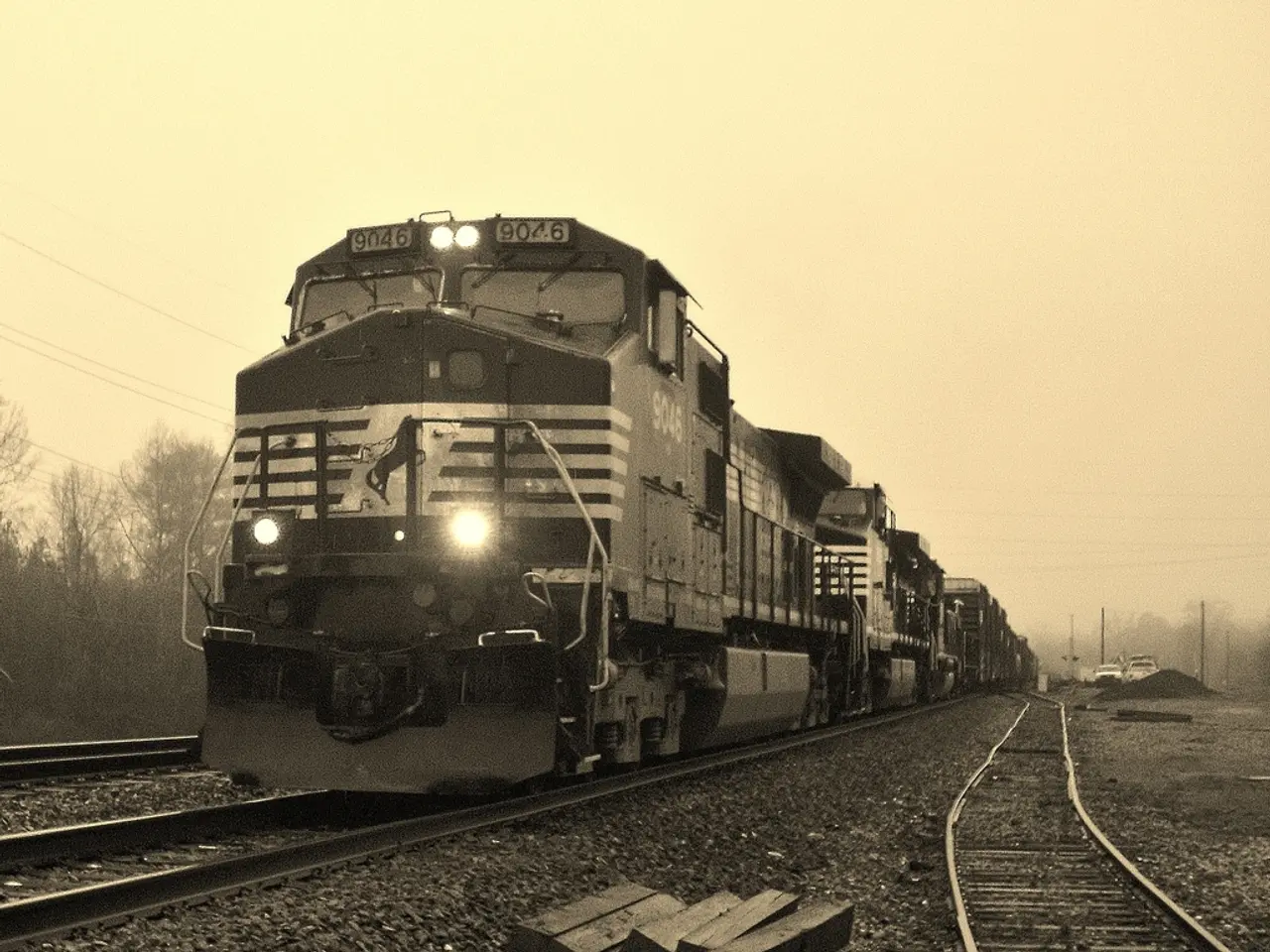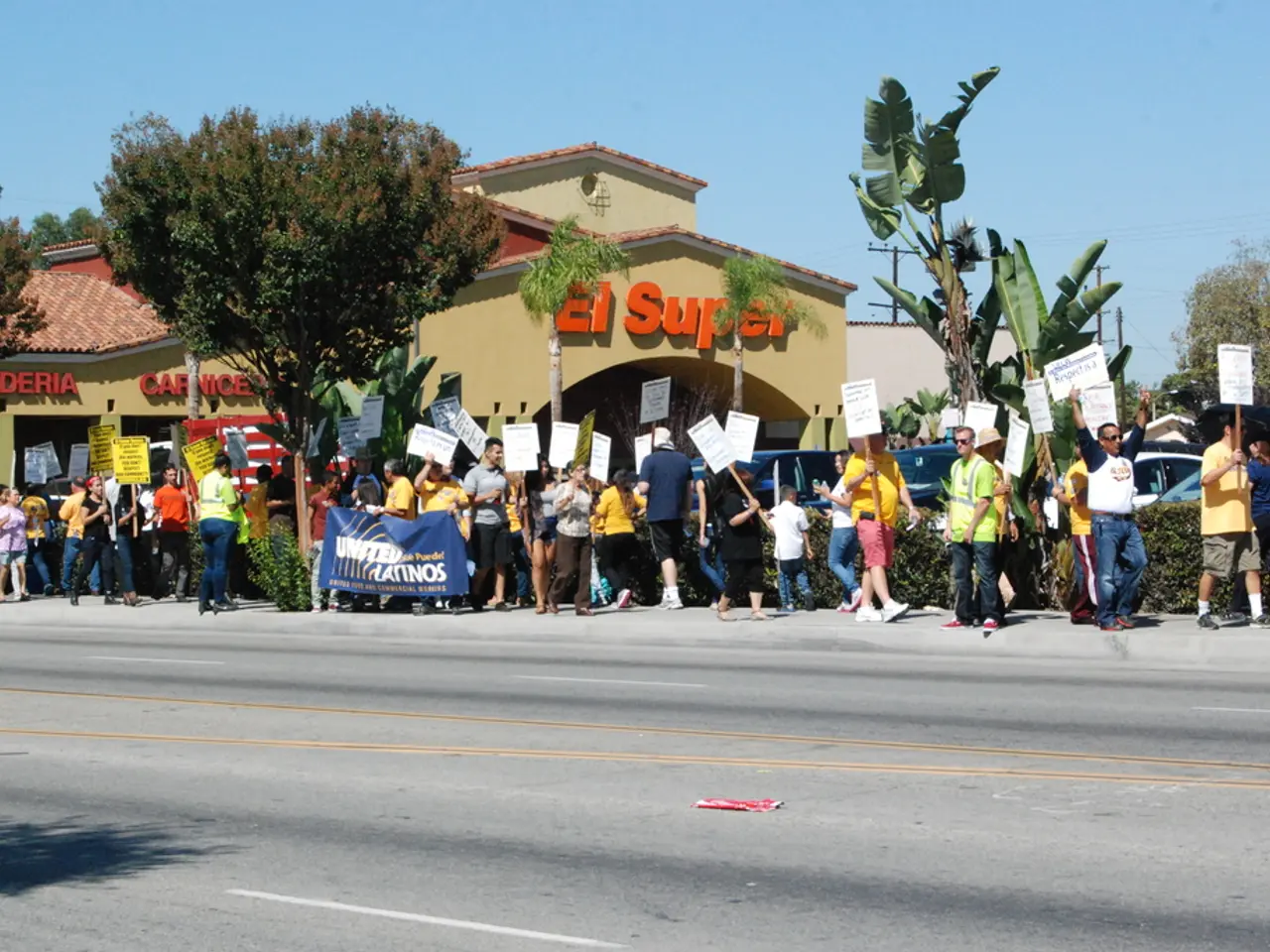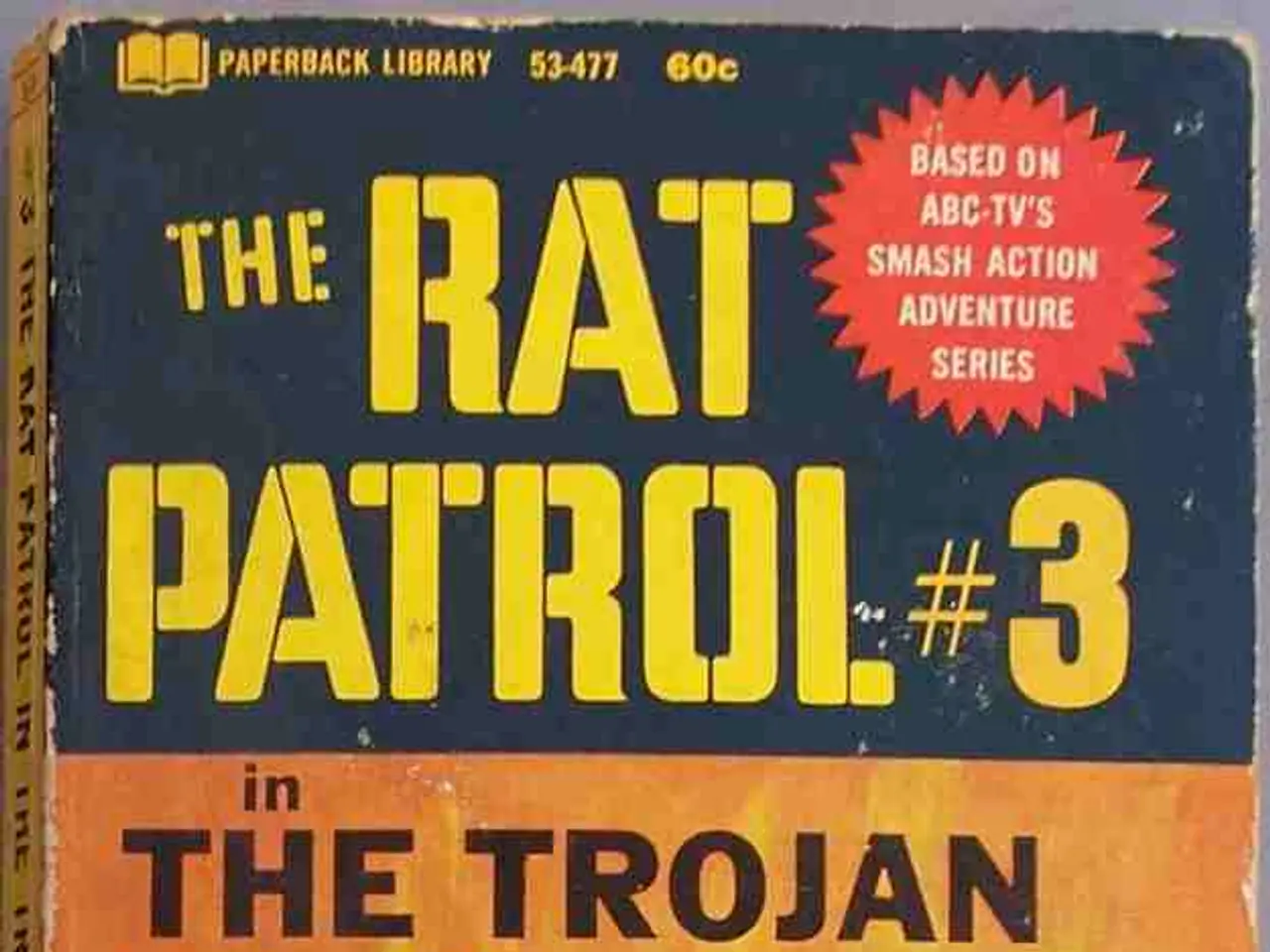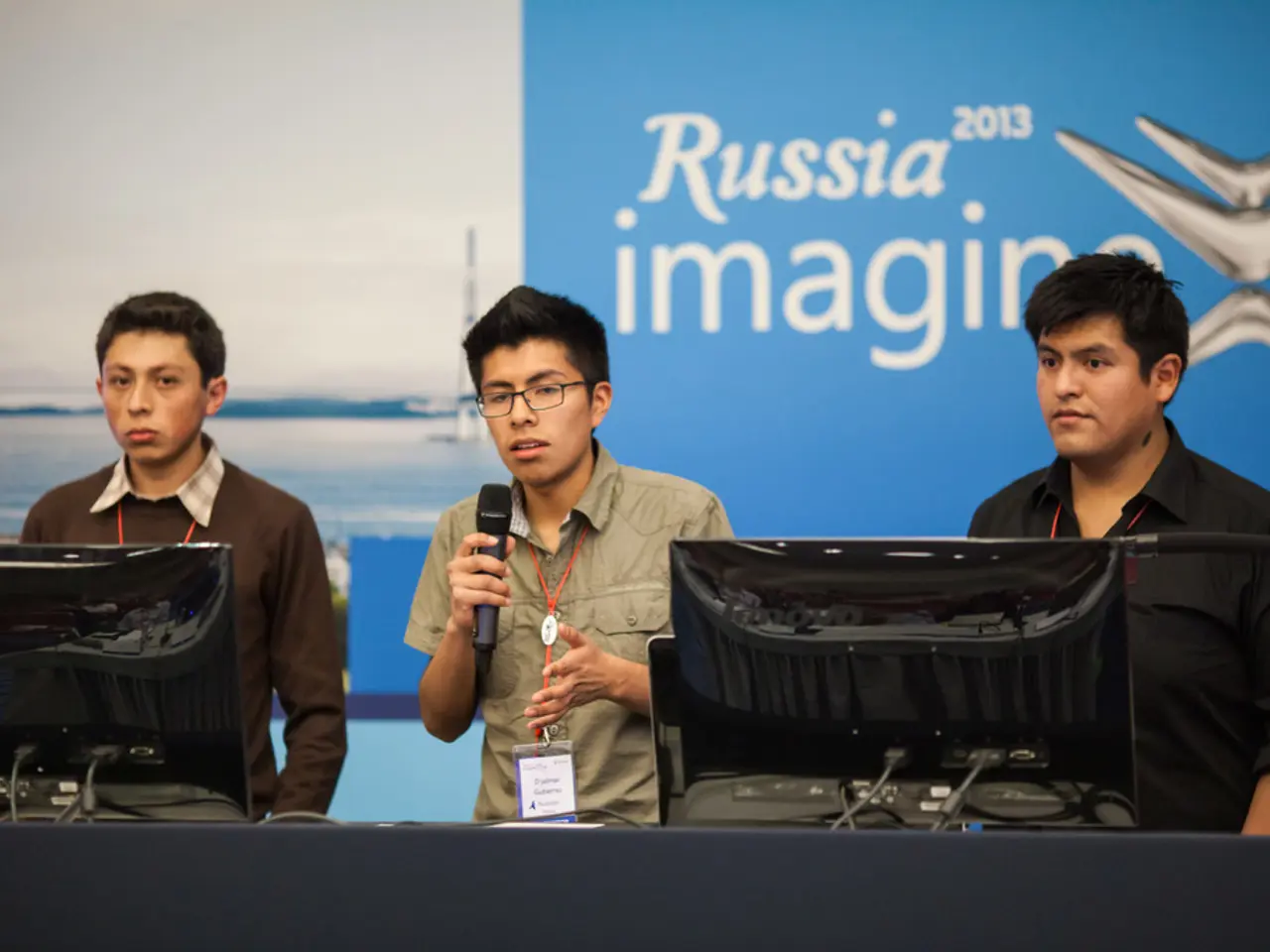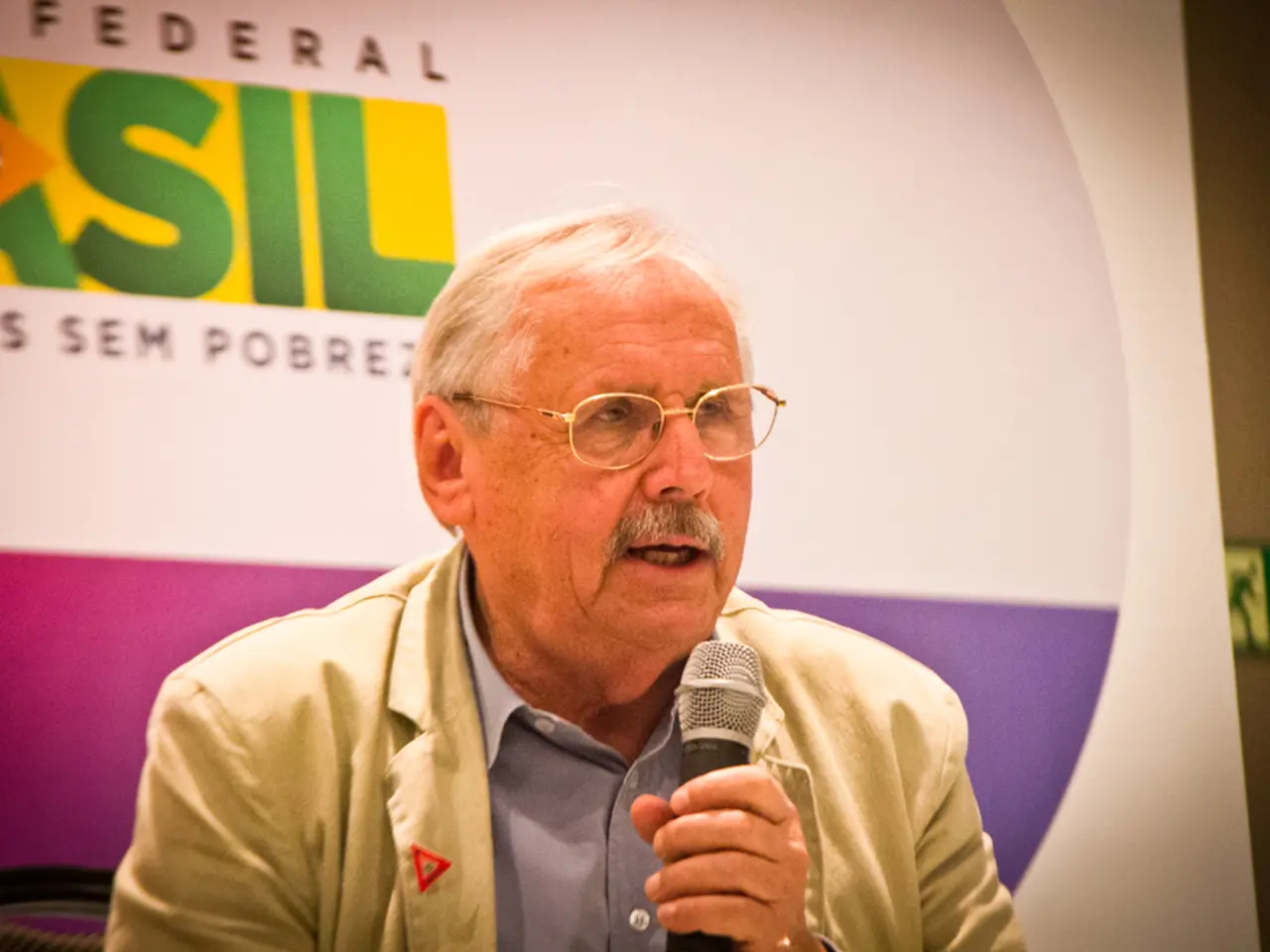European Deforestation Regulation: A Labyrinth of Bureaucracy?
EU Deforestation Regulation Delayed Until 2025
The European Union (EU) has delayed the implementation of the EU Deforestation Regulation (EUDR) from the end of 2024 to the end of 2025. The regulation, proposed by the EU Commission in 2021, aims to reduce deforestation-linked emissions and protect biodiversity and livelihoods.
The decision to delay the application required the Brussels institutions to reopen the entire regulatory package. This move was made in response to complaints from companies, government representatives, and environmental organizations, who argued that the regulation may be too bureaucratic and could affect small farmers who may not be able to provide the required information.
The EUDR applies to seven key commodities, including coffee and soy, as well as their derivatives. For large and medium-sized companies, compliance becomes mandatory starting on December 30, 2025, while small and micro enterprises have an extended deadline until June 30, 2026.
Regarding key requirements for coffee and soy supply chains, the regulation mandates that these products cannot be placed on the EU market or exported unless they meet three core conditions:
- They must be deforestation-free—i.e., not sourced from land deforested after December 31, 2020.
- They must be produced in compliance with the relevant legislation of the country of origin.
- They must be covered by a Due Diligence Statement (DDS) uploaded to a European register before market placement or export.
The due diligence requirement involves collecting geographic data, such as satellite imagery of the land plots, assessing the risk of non-compliance to EUDR, and mitigating any such risks to a negligible level. Companies must communicate DDS reference numbers downstream in the supply chain to prove compliance and that risks have been managed appropriately.
This delay in the EUDR's implementation has raised concerns about possible weakening or delays in enforcement, particularly regarding the regulation's risk benchmarking system. Environmental groups are keeping a close eye on ongoing debates about simplifying this system, which could potentially weaken the requirements for supply chains and sustainability reporting before the end of 2025.
Companies in coffee and soy supply chains should be actively working on integrating EUDR compliance workflows now to meet the December 2025 deadline and avoid costly disruptions, with particular focus on traceability and supplier engagement.
The EU Deforestation Regulation is a part of a growing list of rules encouraging companies to take responsibility along their global supply chains. Despite the postponement, the regulation remains a subject of ongoing debates due to the tension between ecology and economy.
References: [1] European Commission. (2021). Proposal for a Regulation on sustainable corporate governance. Retrieved from https://ec.europa.eu/info/law/better-regulation/have-your-say/initiatives/12622-Sustainable-Corporate-Governance-Regulation [2] European Commission. (2021). Proposal for a Regulation on the EU taxonomy for sustainable activities. Retrieved from https://ec.europa.eu/info/law/better-regulation/have-your-say/initiatives/12621-EU-taxonomy-for-sustainable-activities [3] European Parliament. (2022). Draft report on the proposal for a regulation on the EU taxonomy for sustainable activities. Retrieved from https://www.europarl.europa.eu/doceo/document/TA-9-2022-0191_EN.html [4] European Parliament. (2022). Draft report on the proposal for a regulation on the EU corporate sustainability reporting framework. Retrieved from https://www.europarl.europa.eu/doceo/document/TA-9-2022-0190_EN.html [5] European Commission. (2022). Factsheet: EU Deforestation Regulation. Retrieved from https://ec.europa.eu/info/law/better-regulation/have-your-say/initiatives/12627-EU-deforestation-regulation/factsheet_en
- The EU Deforestation Regulation, a part of the growing list of rules encouraging corporate responsibility in global supply chains, aims to combat deforestation and protect biodiversity and livelihoods in the face of climate-change.
- As the EUDR mandates that products such as coffee and soy cannot be placed on the EU market or exported unless they meet certain environmental standards, it intersects with science, policy-and-legislation, and politics, raising concerns about potential weakening or delays in enforcement.
- Companies in the environmental-science field may find themselves playing a significant role in helping their partners comply with the EUDR requirements, providing expertise in areas like risk assessment and due diligence.
